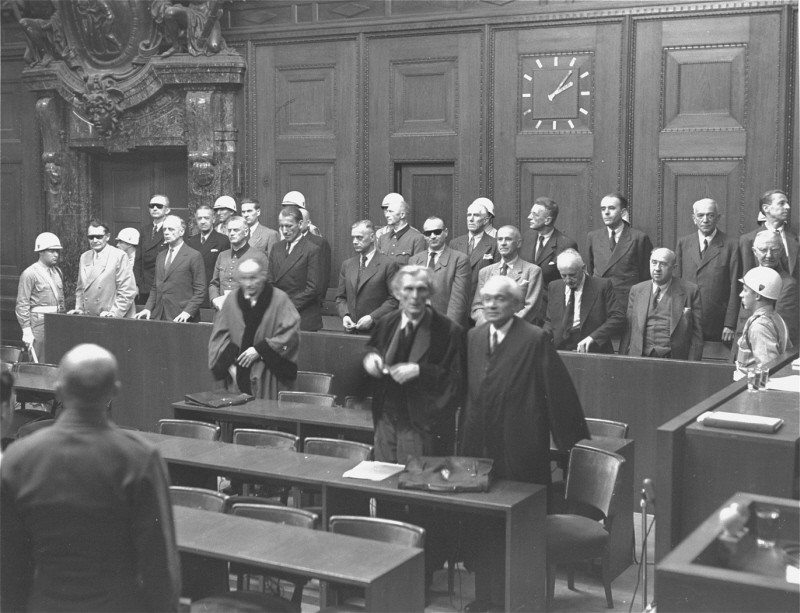
Erich Raeder
In the immediate aftermath of the Holocaust, the world was faced with a challenge—how to hold individually accountable those German leaders who were responsible for the commission of monstrous crimes against humanity and international peace. The International Military Tribunal (IMT) held in Nuremberg, Germany, attempted to face this immense challenge. On October 18, 1945, the chief prosecutors of the IMT brought charges against 24 leading German officials, among them Erich Raeder.
Erich Raeder (1876–1960) was Commander in Chief of the German Navy until his resignation and retirement in May 1943.
At the International Military Tribunal held in Nuremberg, Raeder was found guilty on counts one, two, and three (conspiracy, crimes against peace, and war crimes). He was sentenced to life imprisonment. Raeder was released due to poor health in 1955, having served only nine years of his sentence.
Critical Thinking Questions
- How did national histories, agendas, and priorities affect the effort to try war criminals after the war?
- The International Military Tribunal at Nuremberg is the best known of postwar trials. Investigate trials conducted by individual countries in the late 1940s.
- Besides military leaders and government officials, which professions were specifically investigated in trials?
- Beyond the verdicts, what impact might war crimes trials have?

